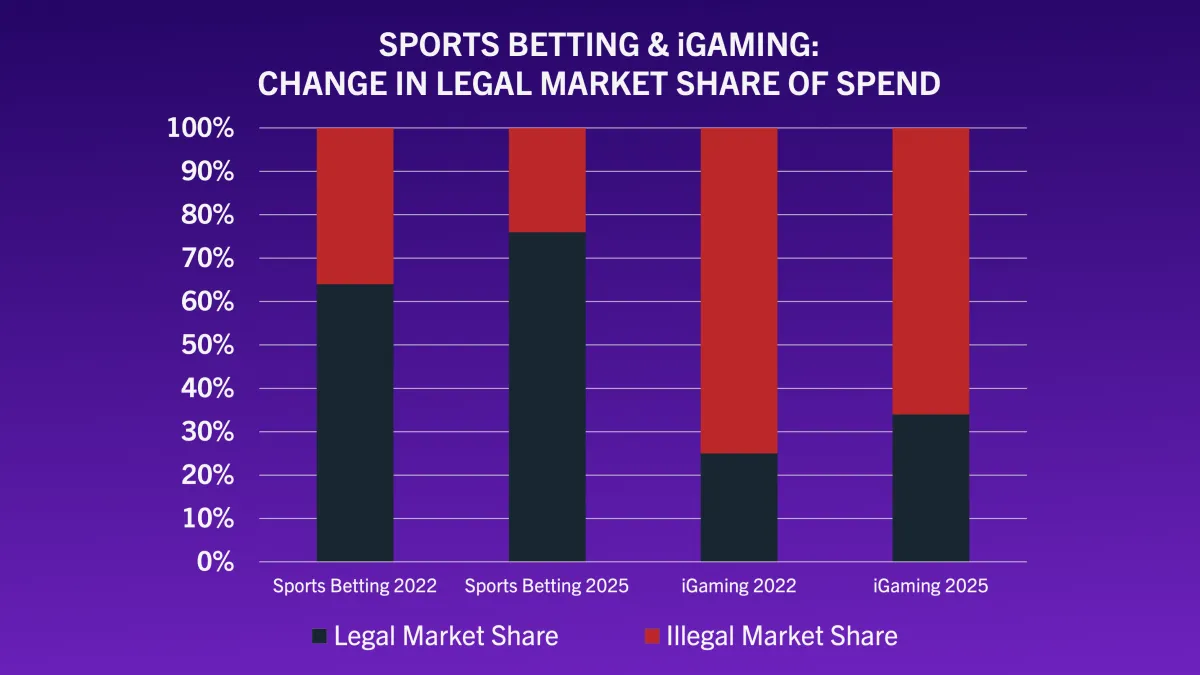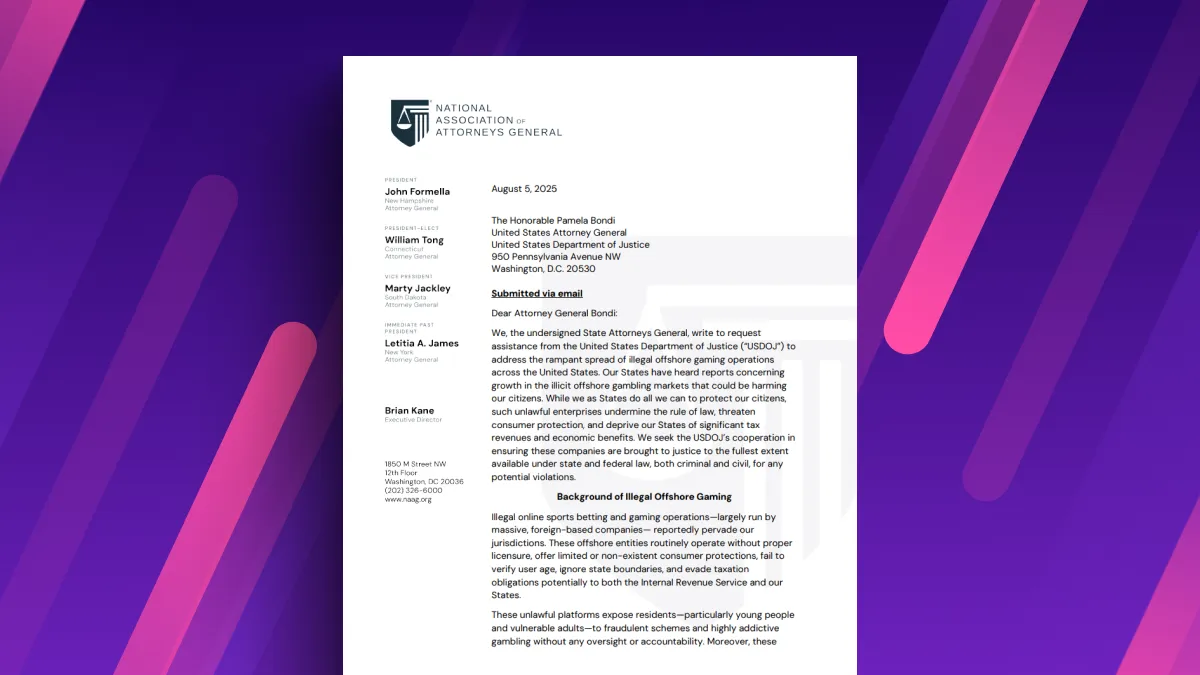Why Billions Are Still Being Gambled Illegally in Japan

1.0
Default
An official report in Japan has pointed out that illegal gambling online has continued to rise, and illegal sports betting on soccer is cause for the greatest concern. Even though Japan is all set to launch its very first onsite casino in the near future, it hasn’t prevented Japanese from wagering illegally – in fact, the report says that Japanese people have bet $45 billion (6.45 trillion yen) on illegal gambling websites in the past year alone.
Japan is facing a growing issue with illegal online gambling, according to a recent report from the Council of Sports Ecosystem Promotion. The study, conducted with support from the National Police Agency, reveals that Japanese gamblers wagered approximately 6.45 trillion yen or $45 billion on unregulated online casino platforms in 2024. Despite Japan’s restrictive gambling laws, millions are turning to offshore websites to place bets beyond the limits imposed by the country's state-run options.
Currently, gambling in Japan is limited to state-sponsored lotteries, the government-controlled Sports Promotion Lottery (commonly known as "toto"), and parimutuel wagering on horse racing and motor sports. However, the tightly regulated nature of these options has pushed bettors to seek higher limits, better odds, and more diverse offerings elsewhere - often illegally.
Illegal sports betting, especially on soccer, a major concern
The report highlights that illegal online sports betting represents the largest portion of the unregulated market. Of the total 6.45 trillion yen wagered illegally, 4.9 trillion yen was estimated to have been placed on sports events, with soccer accounting for a staggering 2.9 trillion yen.
Labeled the "Freeride Market," the illicit online betting industry is thriving by exploiting legal loopholes and limited domestic enforcement capabilities. Many of the platforms used by Japanese bettors are hosted overseas, with licenses issued in jurisdictions such as the Philippines, Curacao, Malta, Ukraine, and the Isle of Man. These operators often advertise heavily online and offer generous promotions, features that are unavailable through Japan’s government-run betting services.
The overseas sports betting operators providing services in the manner described above are providing illegal services to residents of Japan, the Council’s report noted, also warning that these platforms may infringe on copyrights, publicity rights, and other protections.
Regulators eye MGM Osaka amid concerns
Despite the booming illegal market, Japan is slowly opening its doors to regulated casino gambling. The highly anticipated MGM Osaka, the country’s first integrated resort casino, is scheduled to open in the coming years. This development represents a significant shift in national policy, aimed at attracting tourism and providing a legal, controlled alternative to the current black-market activity.
Still, critics argue that a single integrated resort is unlikely to curb the demand for online gambling, especially as it remains geographically limited and targeted more toward foreign visitors than locals. Others warn that without a comprehensive legal online framework, illegal platforms will continue to flourish, undermining national laws and exposing consumers to fraud and unfair gaming practices.
Pachinko: the legal grey area
Japan’s most popular form of gambling is pachinko, a game that operates in a legal gray area. Technically categorized as a recreational activity, pachinko is exempt from gambling laws because players win prizes rather than cash. However, it is common practice for players to redeem those prizes for money at nearby exchange facilities, often owned by the same pachinko operators.
These arcades can be found across the country, and though technically legal, they mirror traditional gambling in function and popularity. While pachinko remains untouched by recent crackdowns, the massive scale of its operation continues to raise questions about Japan's definition and regulation of gambling.
The latest figures demonstrate the urgent need for comprehensive gambling reform in Japan. As illegal online gambling, particularly sports betting, continues to expand unchecked, experts suggest that policymakers must consider broader regulatory solutions - including legalizing and regulating online betting - to protect consumers and reduce the appeal of offshore sites.
Until then, the country faces a dilemma: enforce outdated laws that millions are ignoring or evolve its gambling framework to meet modern realities. Either way, the message is clear - the stakes for Japan’s gambling future are higher than ever.




















